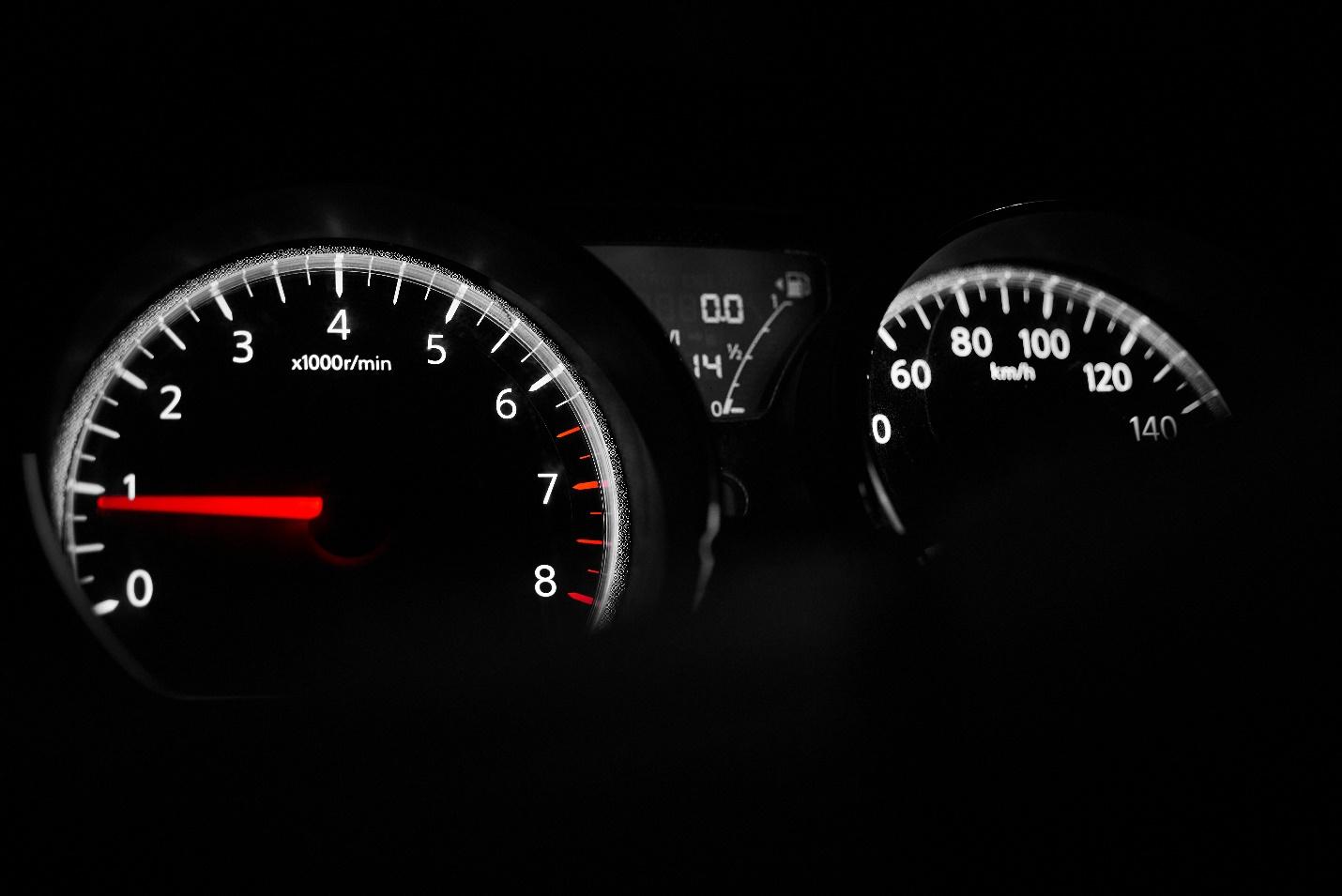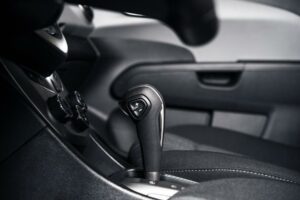Outline:
- Hybrid Battery
- Using the Heater
- Alternator Strain
- Defrosting
- Low Tire Pressure
- Fuel Burning Difficulty
- How Much Does Winter Affect a Hybrid Car’s Fuel Economy?
- How to Increase a Hybrid Car’s Fuel Efficiency
- Contact Dependable Car Care Today!
Summary: It can be dangerous to drive in winter, as there are several factors causing it, such as bad drivers, blizzards, and poor visibility. Beyond the discomfort, safety issues, and stress caused by the temperatures dipping, the cold can also impact a hybrid car’s fuel economy. A lot of forces are at work to empty a gas tank, and while some can’t be avoided, others can. Knowing the reasons behind a hybrid car’s poor fuel economy in winter can help you save money while ensuring your safety and convenience on the road.
This blog post will tackle them in detail, so read on.
Hybrid Battery
The electrical parts in a hybrid car function better in warm weather. Among these, the hybrid battery is the most important component that needs to keep warm. Every time it conveys power to the e-motor or electric motor, a chemical reaction happens inside it. This can go smoothly in warm temperatures. On the other hand, the freezing temperatures could interfere with the battery’s chemical reaction.
If this occurs, the electric motor is not able to make enough electric power. The gas engine will then need to add more power, which means your vehicle will consume more fuel. On top of that, the lifespan of your hybrid battery can be reduced. So, Google ‘hybrid car repair near me’ to find a reputable mechanic who can suggest ways to keep the battery in great condition during the cold season.
Using the Heater
Turning on the heater is the first thing you do once you hop in the car, right? But wait. Do you even know how the heat is produced? A hot coolant goes into the heater core of the hybrid car. Air gets pushed in the heater core so that warm air comes out of the vents on the dashboard. However, the only way the warm coolant can flow like this is when the engine is working to create the heat. A running engine will consume fuel and produce carbon emissions even if your hybrid car is idle. This is how the fuel economy is reduced.

Alternator Strain
The battery’s performance is highly compromised during winter. That means the alternator works double time to keep it charged. This is particularly true when onboard accessories, such as heated seats, fans, and defrosters consume additional power. With an increased electrical load, fuel economy declines since the alternator needs to pull more engine power as it struggles to meet the need resulting in increased fuel usage. Ensure the battery is ready for winter by getting a battery check from a reliable hybrid car repair service provider like Dependable Car Care.
Defrosting
Using the defroster during winter can significantly reduce your car’s gas mileage. An activated defroster uses two things to do its job well: the heater core and the A/C compressor, which eliminates airborne moisture. The compressor is what drains the fuel economy of the hybrid car.
A lot of hybrid cars are made with an extra electric motor that transmits energy to the compressor. This means the battery should power this electric motor in addition to the main electric motor. As the compressor has its own motor that runs off of the battery, if the main battery is running low it will consume too much fuel to stay running. This causes the battery to consume more fuel and fewer miles per gallon.
Low Tire Pressure
Did you know that your tire pressure reduces in the winter season? This is the case with all types of cars, and hybrids are no exception. For every ten-degree dip in temperature, the tires lose up to 2 psi of air pressure. This makes the car more resistant to moving and rolling. Then, the engine will need to work harder to keep your car moving. This results in wasted fuel and a reduction in miles per gallon.
Fuel Burning Difficulty
It is more difficult for hybrid engines to burn fuel during the winter season. A small amount of unburned fuel stays inside the cylinder and then runs off in the exhaust system. The engine will end up consuming more fuel only to perform its regular driving operation once this happens. Thus, you’ll find yourself spending a lot of money at the pump, causing more carbon emissions.
How Much Does Winter Affect a Hybrid Car’s Fuel Economy?
According to experts, cold weather lower than 20 degrees Fahrenheit can lower the fuel economy of the hybrid car by approximately 30 to 34 percent. If you are used to getting around 50 mpg in your hybrid vehicle, you will now need to settle for a more typical 33 mpg average.
How to Increase a Hybrid Car’s Fuel Efficiency
The reduction in fuel economy can be daunting once the temperatures drop. On the other hand, with proper care, you can mitigate its effects. According to experts, ensuring that your hybrid car is cleared out and not weighed down by cargo or other heavy objects is the perfect starting point. Simply put, less weight equates to good fuel economy.
Winter also significantly impacts fuel-efficient, low-rolling resistance tires as the cooler air causes molecules to contract. Thus, they can lose pressure and affect fuel economy. The solution is to pump them before you set out on your journey.
Contact Dependable Car Care Today!
Do you own a hybrid car? If you want it to work effectively and efficiently during winter, contact a reliable hybrid repair company in Ventura, California like Dependable Car Care. Our team of ASE-certified mechanics are experts in providing different hybrid car services. Whether you need brake repair, the engine light comes on and off, or have issues with brakes squeaking, you can rely on us. We have been servicing hybrid car owners for years and testimonials from our customers speak volumes about our proven track record and experience.
If you are having problems with your hybrid car’s fuel efficiency in winter, give us a call or book an appointment today!



